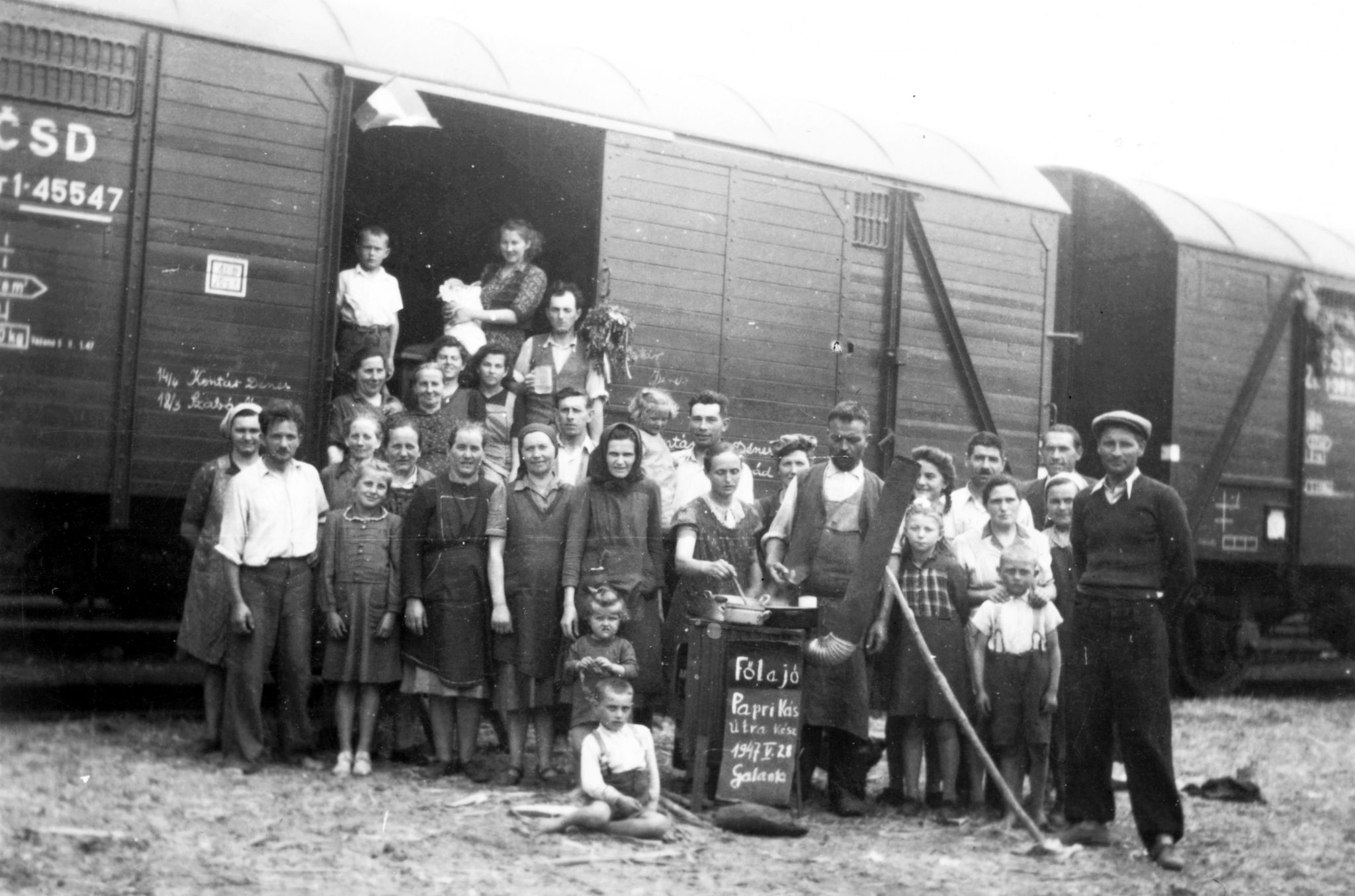Covid-19 has affected different people in many different ways. It has also affected different “peoples” in different ways, through mask mandates, lockdowns, and more recently, vaccine passports. Border closures, however, are probably the most negative, for many young individuals born in Europe there has never been a time like the past few months, when it was illegal to cross a border from one EU country to the next. These border closures also disproportionately affected Hungarians, due to the nature of our presence in the Carpathian Basin.
While most Eastern European countries had to deal with their diasporas being cut off from the mother country for many months,
the Hungarian nation faced a crisis that has not existed for many years: hundreds of thousands of Hungarians right across the border were barred from crossing the border.
Now, of course in most cases, individuals could cross the border provided they entered a two-week quarantine, but for many this was not feasible. The feeling was, without a doubt, reminiscent of the communist period, when the porous borders that we have gotten used to were very much real and restrictive.
Back in the day, besides Hungarians often not even being educated about the existence of their fellow kinsmen right across the border due to the communist education regime, simply crossing the border was a challenge. The most difficult one was the Western border with Austria, where the Iron Curtain lay, preventing the hardworking proletariat from escaping to the decadent West. However, borders within the Warsaw Pact countries were almost as difficult to cross. The number of times an individual could cross from, let’s say Czechoslovakia to Hungary, were limited, something that is almost entirely incomprehensible in today’s world. Imagine being a Hungarian in what used to be Czechoslovakia, a country that deported tens of thousands of its ethnic minorities and even stripped them of their citizenship at one point, and not being able to even cross the border into Hungary more than a handful of times.
Echoes of these restrictions are being felt today, in the protests that took place against the shuttering of border crossings along the Hungarian border by the Slovak government. Many commuting workers that used to cross the border daily between Hungary and Austria and Serbia also had to face the reality of closed borders due to the virus. For some, these closures were simply an obstacle in their daily lives, for others, they invoked grim memories of an oppressive regime.
But let’s not dwell entirely on the negatives, what Covid-19 has shown us is how valuable having open borders within the EU, and more specifically within the Schengen Area, is. It allows Hungarian communities that were forcefully separated for decades after the Treaty of Trianon to travel across borders as if they did not even exist. The European Union has given us a freedom of movement that is both unprecedented in the history of the world, and uniquely beneficial to Hungarians living in the Carpathian Basin.
It is important to remember where our freedoms come from, and why we value them, so that we will be able to defend them in the future.
And freedom of movement in Europe is necessary for the Hungarian people to survive and thrive in our homeland.
Featured photo illustration by Péter Komka/MTI


